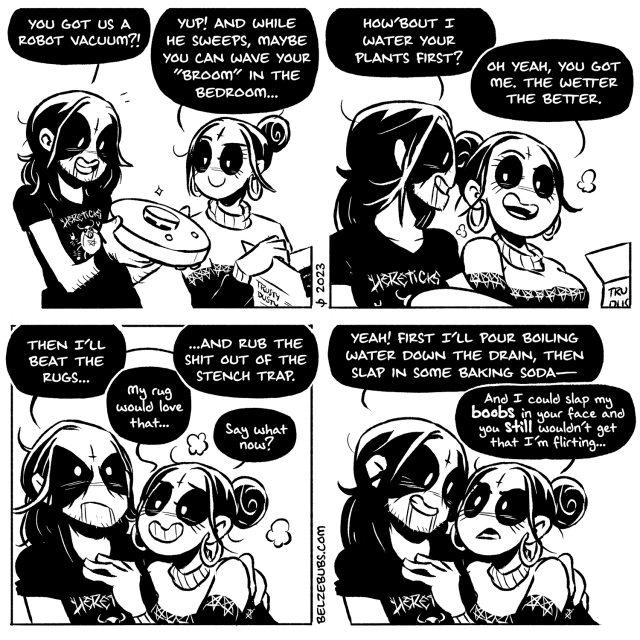When it comes to matters of the heart, we often have things confused. I read a quote recently and I think sums up our constant mishandling of one-another’s feelings pretty damn well. Richard Weissbourd, director of Harvard University’s Human Development and Psychology master’s program told
Quartz
:
“I think we’ve failed epically to prepare young people for the tender, subtle, courageous work of learning how to love someone else.”
The reason I bring this quote up now is because of how we universally see love. It’s a little mixed up, I think. Many of us hold the idea that romantic love should look like
grand gestures
and lavish gifts and constant contact. Maybe it does look that way for you, but it’s also important that we draw a clear line between genuine acts of affection and excessive displays that border on manipulation.
When “romantic” acts cross that line, you’re moving into dangerous territory, friends. And this is where the term love bombing comes into play.
If you’re new to the concept and want to learn more, you’re in luck. I was able to chat with Ash King, Psychology Researcher and Mental Health Practitioner with
The Indigo Project
, who offered some more insight.
To begin, what is love bombing?
In a nutshell, this is the term that describes “over-the-top, excessive displays of love used (consciously or unconsciously) by a partner to overwhelm, manipulate and control the recipient,” King shares.
This could come in a number of different forms. Whether it’s gifts, compliments or just an insatiable need to be with you, the behaviour seems flattering on paper, but “this often occurs after only a relatively short period of time together,” and usually seems intense.
Why is it a concern?
Rather than genuinely taking time to get to know you and take steps to make you feel loved and attended to, love-bombing takes a “one size fits all” approach to love.
As King puts it:
“…these are often not genuine displays of affection, but rather, calculated and manipulative attempts at making the recipient feel indebted – like they owe the love-bomber something.”
It’s typical
‘Nice Guy’
behaviour (that term does not only refer to cis men) where “kind” acts are used to win a prize (you or your attention).
How to tell it’s love-bombing
King shared that the key warning signs of this kind of behaviour usually look like the following:
-
Excessive, over-the-top flattery and compliments
-
Big calls for commitment early on, like moving in together, engagement, going on long trips, etc.
-
An overwhelming, one-sided onslaught of texts and phone calls.
-
They get very sensitive and hurt when you ask for space, or assert your need for boundaries.
-
They seem to not have much of a life (friends, work, relationships, etc.) aside from you and them.
-
You’re feeling unbalanced in the relationship and overwhelmed by their intensity.
-
You question the sincerity of their behaviour.
What should you do if you think you’re experiencing love bombing?
If you’re worried, you should always reach out to someone you can trust like a friend or therapist.
As King shares, “If something seems too good to be true, it probably is.”
You have no need to feel indebted to anyone for their acts of kindness. The entire point of selfless acts is that they’re meant to make you feel good. Not earn your partner brownie points.
“Remember healthy love and positive relationships are built on a foundation of sincerity, transparency and mutual respect – if that’s not what they’re serving, then be wary.”
The post
Love Bombing: When Excessive Affection Becomes Manipulative
appeared first on
Lifehacker Australia
.

chevron_right


